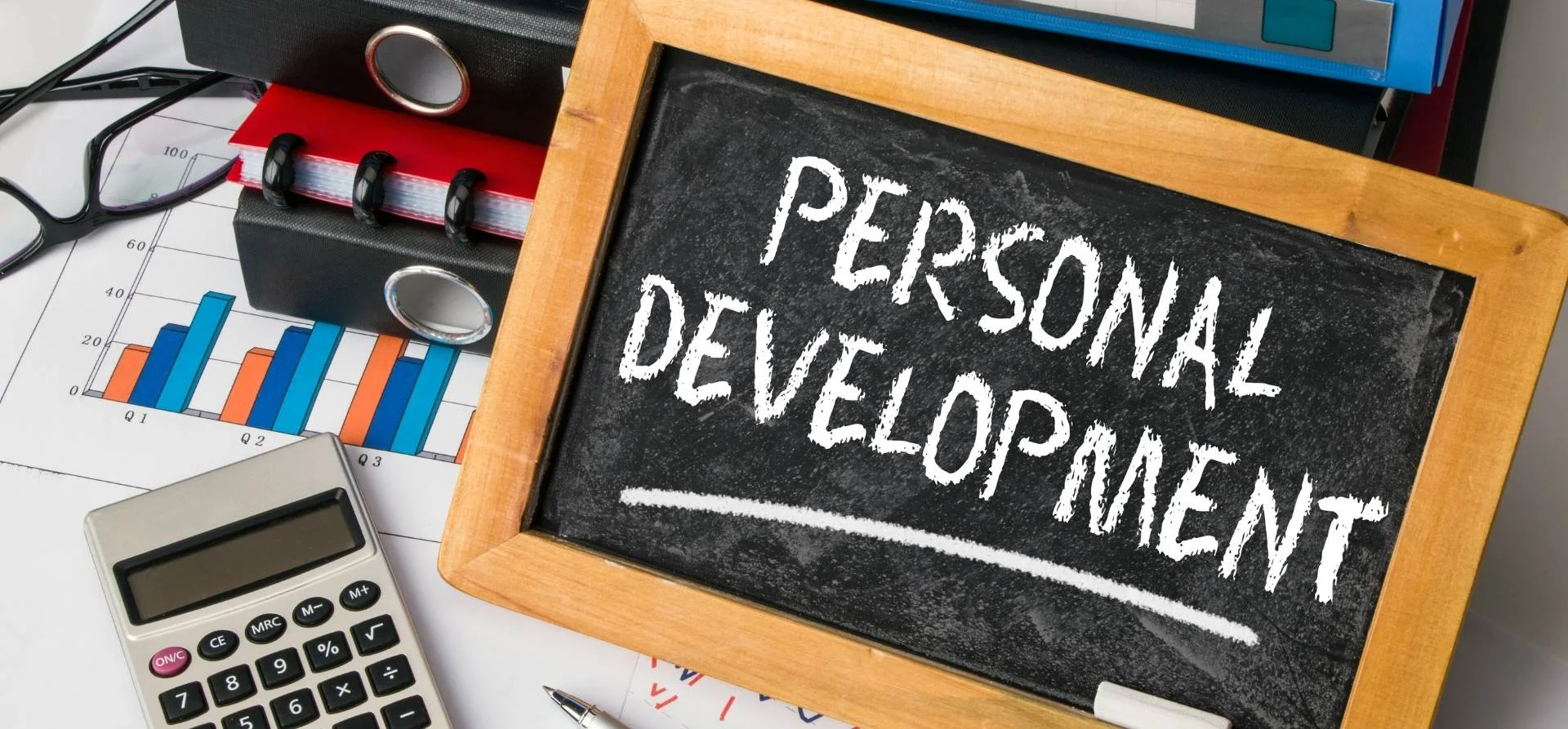This process involves bettering oneself in various aspects of life. It involves goal setting, skill development, and habit building that enhances one’s quality of life and enables them to achieve their highest capability.
This journey of self-discovery and growth is different for each person and comprises some central elements such as mental health, social development, spiritual development, emotional intelligence, physical health.
Unlock Your Full Potential
Personal development is about discovering your talents and cultivating them. It means going beyond what you are comfortable with, raising the standard that you have set for yourself every now and then in order to become a better version of yourself.
By focusing on personal growth one can unlock his/her full potentiality thus living a more meaningful life.
What is Personal Development?
In essence personal development is a continuous effort towards learning and growing throughout one’s entire life. From improving skills and knowledge to developing better relationships or leading healthier lives it requires proactive approach on various dimensions of your life.
Personal development include setting goals that matter in your life while working hard towards achieving them.
5 Areas of Personal Development
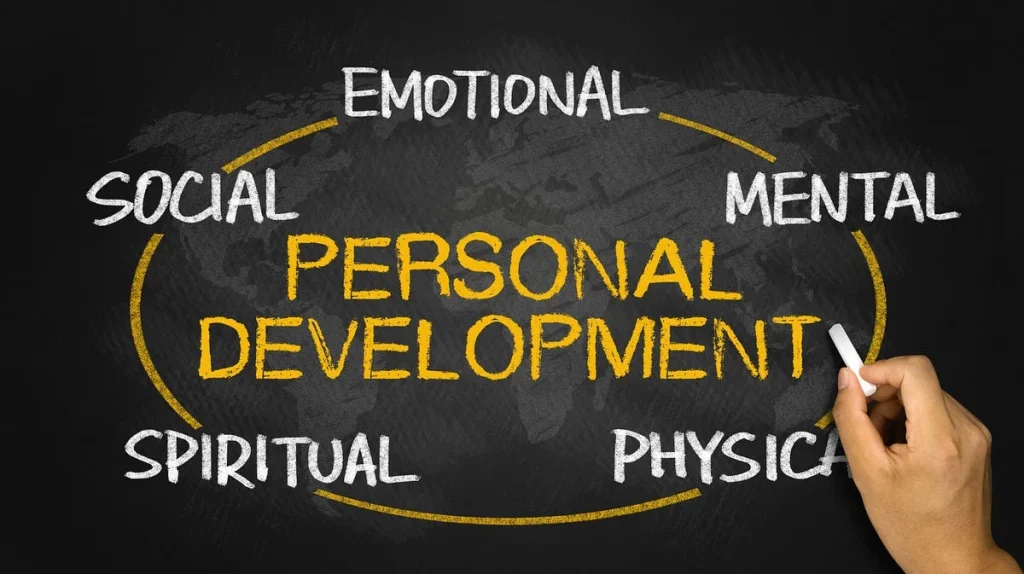
Mental
Intellectual advancement is concerned with sharpening cognitive processes to facilitate mental acuity increase. Reading books, skill acquisition among others falls under this category of understanding improvement.
Mental advancement also includes having a mindset that sees things as unending learning experiences calling for new adaptations always. Mental progress helps you be skilled at solving problems thinking deeply before making decision helping individuals grow in totality.
Social
Socialization deals with best ways to relate well to people around us such as friends or family members where effective communication is key when interacting with others especially if they are emotional situations surrounding them. Socializing grows stronger roots of confidence while socializing because you will have to act like a normal person and develop a bond with other human beings.
This can be done through improvement of your social life so as to bring you closer to people who positively influence your personal life as well as career.
Spiritual
Personal development is a journey of faith, values and purpose. Personal growth in this area may involve undertaking activities such as mediation, prayer or even taking time off in the woods just to rejuvenate one’s energy levels by connecting with one’s soul and nature.
This type of development urges for introspection that allows an individual find peace within themselves and feel contented. It helps in finding where we belong in life hence it should be taken care of.
Emotional
Emotional growth is geared towards effective understanding and control of emotions emanating from self. Emotional intelligence entails feeling what others are experiencing, being able to recognize when one has these feelings or even controlling them so as not to harm anyone else; on top together with that is managing own emotions well enough not let them overcome us.
Emotional growth helps build resistance to stressors making people become positive thinkers about everything they do thus deriving happiness from their actions. By focusing on emotional health it improves decision-making processes and leads to happier lives overall.
Physical
Looking after your body through exercise, eating a balanced diet and getting enough rest is what physical development entails. It also covers personal hygiene, stress management and seeking medical help when necessary. This is important for the general health and well-being of a person since it affects their energy levels, mood and ability to execute daily chores.
By taking care of your fitness you are able to have a better life, and live longer so that you can carry out your personal and occupational desires with great enthusiasm.
The Benefits of Personal Development
- Better Self-Awareness and Confidence: In personal development one realizes his/her strong points and areas where they need to improve that’s why it increases your self-esteem as you realize how valuable you are.
- Enhanced Skills and Knowledge: Continual learning through personal growth helps you stay competitive in both personal life and at work.
- Improved Mental Health: Doing activities like exercising, practicing mindfulness or engaging in stress management helps improve mental wellness hence contributing to longevity.
- Stronger Relationships and Social Connections: You make improved friendships through better communication skills which come about from personal development methods thereby harmonizing relationships resulting into wider social circles.
- Greater Resilience & Adaptability: To tackle life’s challenges more effectively, develop resilience allowing one to deal with setbacks positively accepting changes with grace.
- Increased Productivity & Performance: Personal growth enhances productivity by enabling individuals set clear targets manage time efficiently leading to more successful accomplishments.
- Clear Sense of Purpose & Direction: When values are clarified goals become clear in the course of personal development thus giving an individual’s life meaning giving them reasons for making informed choices.
- Aptitude Improvement Nurturing curiosity improves critical thinking indeed which are skills that one learns during this process; this empowerment will allow someone to approach any challenge knowing solutions can be found if looked hard enough for them.
- Better Emotional Regulation: As developed through training in personal development, the enhanced capacity to understand and control emotions enables individuals to cope with stress, maintain good relationships and make appropriate decisions.
- Increased Confidence & Assertiveness: Personal growth goals achieved enhance self-esteem that increases a person’s ability to speak up leading them to better results in any situation.
- Lifelong Learning and Growth: Lifelong learning aspires one for perpetual improvement hence making life more interesting as well as creating motivation for exploration of new possibilities.
11 Personal Development Skills to Work On
Time Management
Time management is important for balancing different activities and responsibilities. This involves knowing which tasks should come first, setting realistic deadlines and avoiding procrastination. When done effectively, time management leads to increased productivity, reduced stress levels and ensures that all areas of a person’s life receive adequate attention.
By acquiring this skill one is able to achieve his goals faster while still having time for other aspects of their lives.
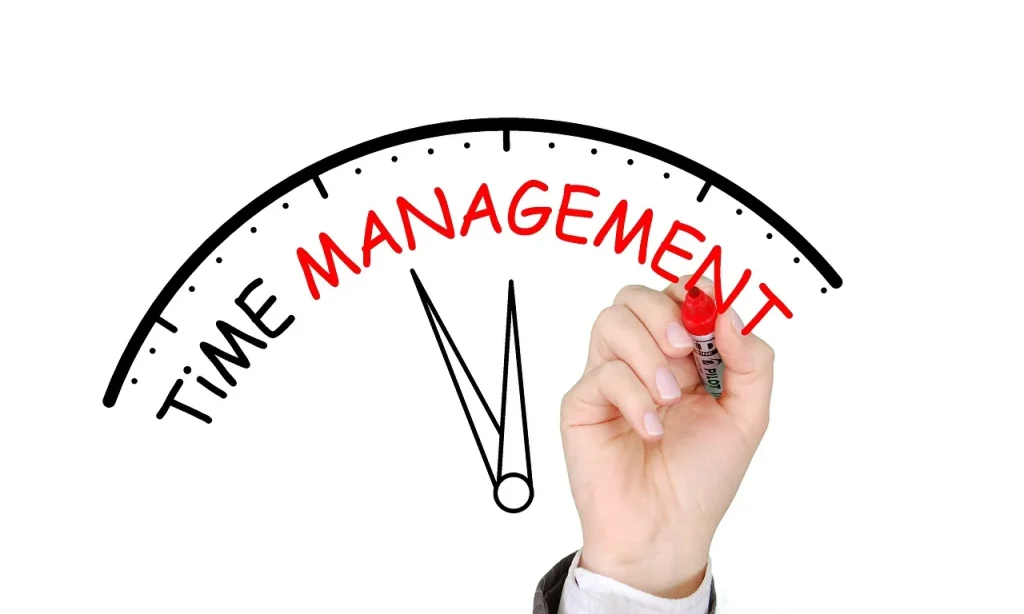
Communication
Efficient communication skills are vital both in personal as well as professional lives. It encompasses non-verbal cues like posture, gestures while speaking or listening attentively among others. Through improved communication you are able to express your ideas better thus creating stronger bonds with others by reducing conflict resolutions.
Besides being a confident speaker good communications skills also improve one’s influencing power enabling him/her motivate other people around them.
Adaptability
Adaptability is the ability to cope up with changes easily. This skill is very necessary today because fast moving world has different challenges and opportunities each day. To be adaptable means to be open- minded, welcome change and learn from new experiences.
Nurturing adaptability helps one thrive in diverse environments, bounce back following setbacks, and remain meaningful in his/her own personal life as well as professional life.
Problem Solving
The act of problem solving entails identifying problems, thinking about possible solutions and coming up with effective strategies that will assist in overcoming the challenges. It is a skill that helps someone make informed decisions or navigate complex situations.
Improving problem-solving skills equips you to think critically, approach issues systematically and develop new ideas. In addition to this, good problem-solving abilities also increase your confidence making it easier for you to deal with obstacles in a proactive manner.
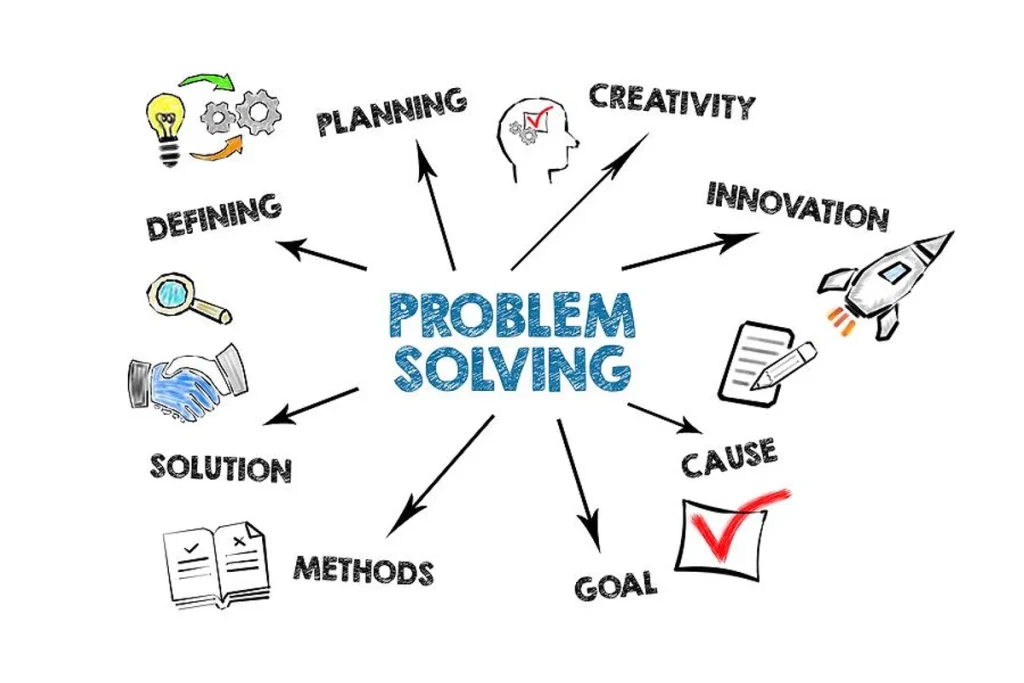
Critical Thinking
Critical thinking involves objective analysis of information, evaluation of evidence and making rational judgments. Its development comprises questioning assumptions, considering multiple perspectives and weighing the soundness of arguments.
Critical reasoning improves your decision-making skills, enhances your problem-solving efficiency and sharpens your independence on how you think. As an invaluable characteristic for both personal growth and professional success.
Self-Discipline
Self-discipline refers to one’s ability to control their desires while focusing on set goals without wavering even once. Building self-discipline includes setting clear targets, establishing routine orderliness and resisting temptation towards regression.
This aspect is crucial for realization of long-term goals, sustaining healthy habits as well as creating a strong work ethic. Moreover self-discipline boosts resilience under adversity by far much more than motivation does.
Empathy
Empathy can be defined as understanding other people’s feelings which are similar yours too only just for them not being manifested by you but others instead are feeling them . It is acquired through active listening where emotions being experienced by other individuals have to be taken into account and respond in a caring manner.
Developing empathy improves your interpersonal relationships, fosters a supportive environment, and enhances your ability to connect with others on a deeper level. There are usually fewer arguments and better team spirit among empathetic people.
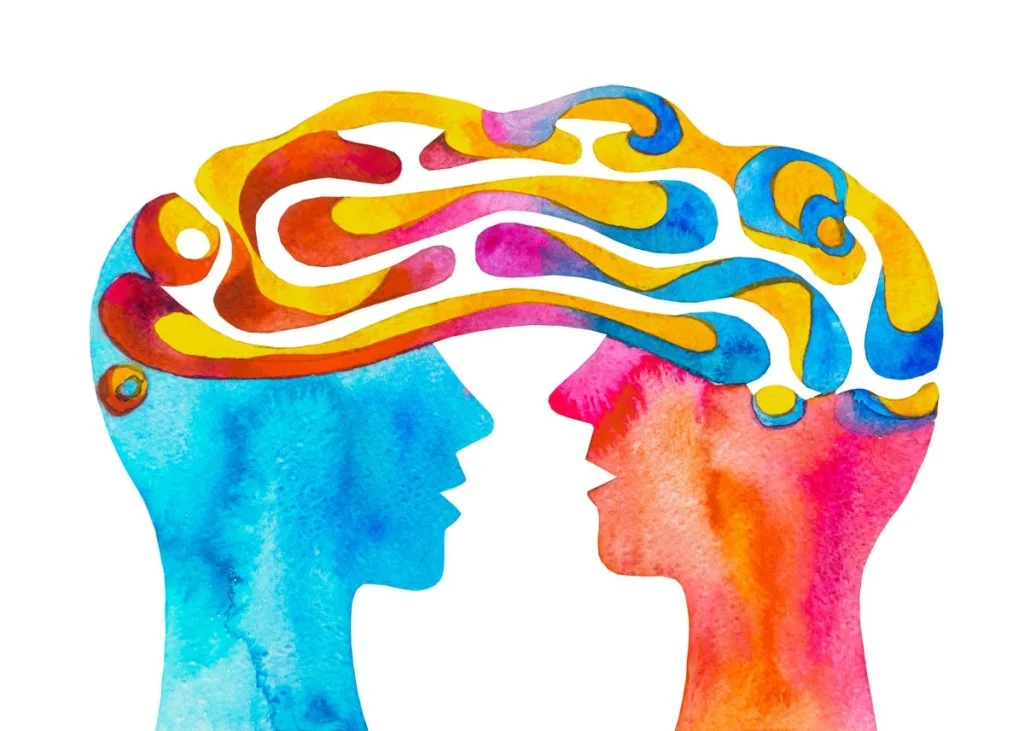
Resilience
Resilience is the ability to bounce back quickly from challenges and adapt to difficult times. Building resilience requires one to maintain positive attitude towards life, learn from failures, and view them as opportunities for growth.
It is necessary for managing stress or anxiety, navigating hardships or obstacles, and succeeding in long term engagements like business life. People who go through more resilient are likely to remain strong until the end of it making themselves even stronger.
Leadership
Leadership refers to the art of guiding other individuals towards certain common objectives that you all share as a group while also inspiring them along the way so that they may do their best to achieve such a goal. Developing leadership skills involves improving communication strategies, decision-making processes as well as motivational abilities.
They are also good listeners who can adapt easily and resolve conflicts when they arise amongst colleagues at work place . Creating leadership skills widens your possibilities in workplaces; help you make difference in lives of majority people; create an atmosphere of responsibility and confidence.
Creativity
Creativity means having ideas which are new,different from what have been used before,and approaching problems differently by use of new means not known before. Actually creativity has its root in curiosity where one should be bold enough for experimentation to ascertain different outputs than expected.
This will improve one’s capacity for change adaptation,inventive problem solving now unique self-expression on personal growth basis. Creativity adds excitement and variety in life experiences thus making it more colorful.
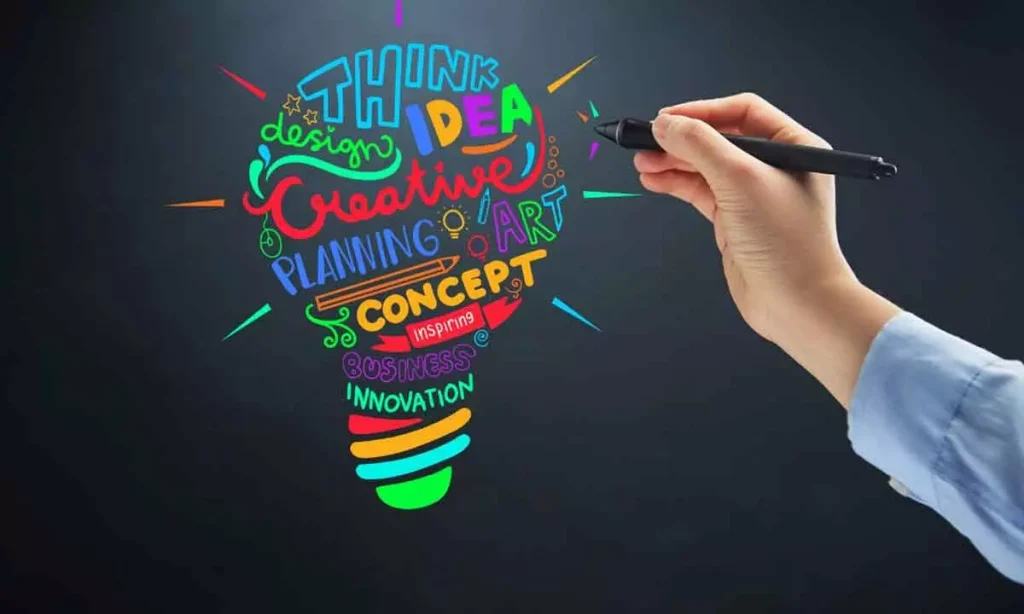
Goal Setting
The process of goal setting involves defining clear, attainable objectives and creating a plan to accomplish them. Developing this skill entails understanding your dreams, splitting them down into bite-sized chunks and keeping tabs on their progress.
Effective goal setting assists you in remaining on point, motivated and structured by giving you a sense of purpose and direction that allows you to take stock of what you’ve done so far.
6 Steps to Developing a Personal Development Plan
Identify Areas Where You’d Like to Improve (Rewritten)
Commence it by looking at your strengths as well as weaknesses at the moment. Reflect upon those areas where there is room for growth such as career goals, personal life goals, health-related objectives among others. This self-evaluation will help you come up with specific areas that should be developed.
Work with a Coach or Mentor to Assemble a Plan
A coach or mentor can give useful insights and support as you work toward achieving personal development goals. They can assist in developing an organized plan, set realistic goals and provide feedback and motivation along the way.
Structure Your Personal Development Goals
Rearrange your goals into short-term ones versus long-term ones: break big goals into small steps each having its deadline. This type of approach helps keep track of progress while also maintaining one’s resolve towards the same.
Find an Accountability Buddy
Find someone who would like, either through shared interests or because they are undertaking personal development themselves. When we have someone who shares our dreams or is walking the same journey as ours then they become an accountability buddy who keeps us disciplined when following our plan.
Be Honest and Aware of Your Progress
Keep track regularly assessing yourself about how much has been achieved so far; good things only happen if one is honest in their assessment ability! Readjust from time to time so that your journey remains on course in trying times.
Factor Personal Development into Your Mental Fitness Plan
Personalize your development activities so that they become part and parcel of your everyday life. This may include dedicating a specific time for reading, exercising, meditating among other exercises geared towards personal growth and well-being.
How Personalized Development Can Help
Personalized development is all about creating a plan that fits your unique needs and goals. By doing it this way, you will be able to focus better on areas where you need improvement most thus remain motivated to achieve results that mean something.
Personalized development can lead to a deeper understanding of oneself, greater contentment and more balanced success in life.
Conclusion
Personal development is an ongoing process of self-improvement and personal growth. By focusing on major categories such as mental, social, spiritual, emotional and physical development one can unlock their true potential and live a fulfilling life.
Having a well-structured personal plan with indispensable skills shall enable you hit the targets set while improving the state of health generally.
FAQs
What is Personal Growth?
Personal development entails improving several aspects of your life such as skills, knowledge or habits so as to realize your full potentials and enjoy more satisfying lives.
Why should I develop myself?
The reason why we do say personal development matters most is because it helps us behave better than we really are hence ensuring our dreams come true.
What should I do to start my personal development journey in life?
Make a review of your current capabilities and inefficiencies, set specific targets, and create an organized schedule for attaining them. For assistance or advice on how to go about it, one can consult mentors as well as coaches on personal development who will then help you integrate it into your daily agenda.
Which are the major areas that require developing oneself?
The significant fields of self-growth involve intellectual progress, social growth, spiritual maturity, emotional stability and bodily fitness.
How long does personal Growth take?
Personal growth is a lifelong process. It’s impossible to pinpoint the exact time that it would take for somebody to achieve remarkable results because they differ from one person to another based on individual’s objectives, determination and dedication towards them.

Russell F. Jones, holding a Master in psychology from the University of Florida. He writes for Smart Parent Solutions, offering practical advice on parenting and child development. His engaging content helps parents navigate family life with confidence and ease. Russell enjoys sharing his knowledge and spending quality time with his family.
